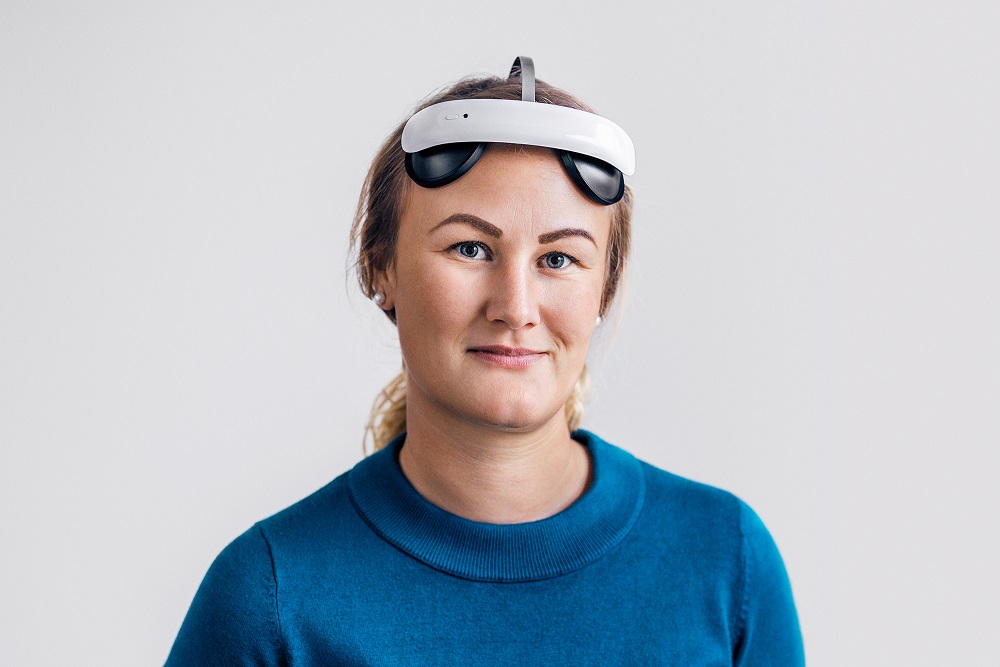The first ever clinical study evaluating combined transcranial direct current stimulation (tDCS) and behaviour therapy could point to a new treatment for depression.
Usona Institute received Breakthrough Therapy Designation from the U.S. Food and Drug Administration for psilocybin in the treatment of major depressive disorder (MDD).
Johnson & Johnson’s Spravato, a nasal spray for depression and potential blockbuster medicine, won recommendation for approval from a European Medicines Agency panel.
Pear Therapeutics announced the filing of a submission to the U.S. Food and Drug Administration seeking marketing authorization for Somryst, a prescription digital therapeutic (PDT) intended for use in the treatment of adults with chronic insomnia and depression.
Flow, a medical device company, launched a medication-free treatment for depression comprising a brain stimulation headset and therapy app.
Allergan Plc’s Vraylar won U.S. regulatory approval to treat depressive episodes of bipolar I disorder, expanding the scope of treatment to a full spectrum of symptoms related to the condition.
VistaGen’s Antidepressant Fails in Difficult-to-Treat Patients Trial
Antidepressants, Clinical Trials, CNS, Fast Track Designation, FDA, Major Depressive Disorder (MDD), N-methyl-D-aspartate (NMDA) receptor, Nasal Sprays, National Institute of Health, Social Anxiety Disorder, Treatment-Resistant DepressionWhen major depressive disorder does not respond to at least two different types of antidepressant treatments in a moderate-to-severe depressive episode, it’s reclassified as treatment-resistant depression (TRD). South San Francisco-based VistaGen Therapeutics’ AV-101 failed to meet the primary efficacy endpoints for TRD in a Phase II clinical trial.
While nine out of 10 phone apps for depression and smoking cessation assessed in a recent study were found to be sharing user data with third parties, only two out of three disclosed they were doing so.
A recent study showed that ketamine can possibly provide hours of relief for depression patients.
Aptar Pharma, a leading drug delivery systems provider, announced that the company’s Bidose nasal spray device was approved by the U.S. FDA for a breakthrough therapy in the field of depression.

